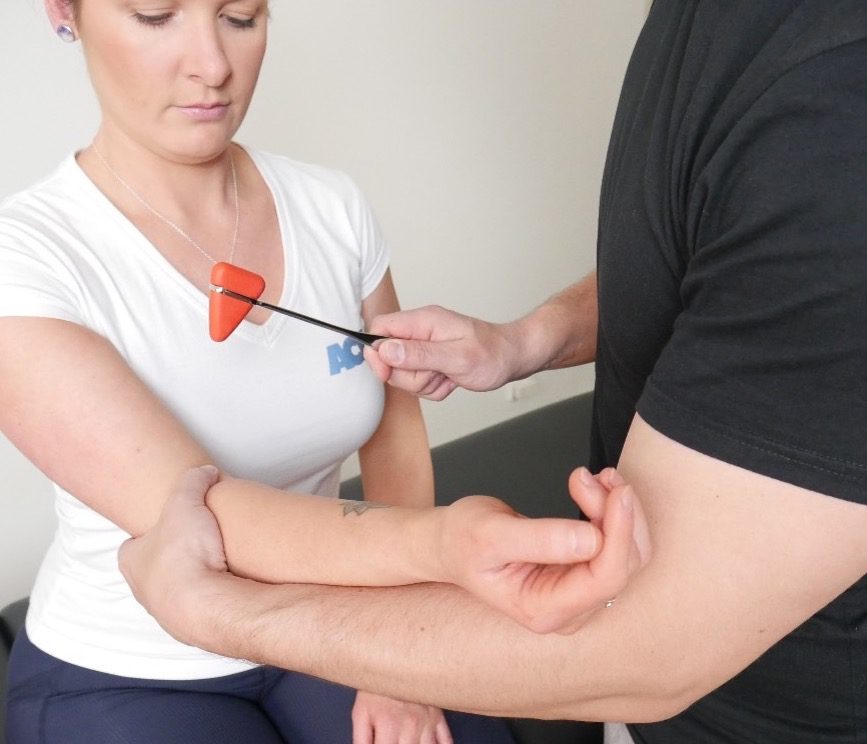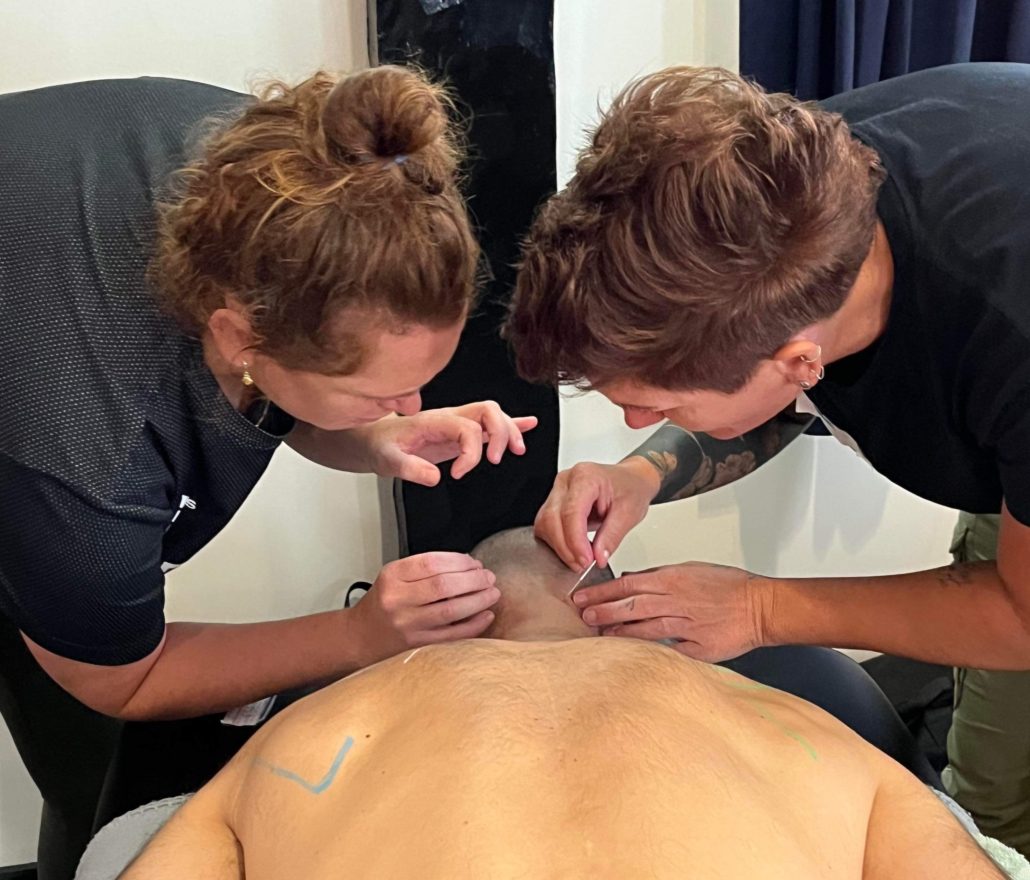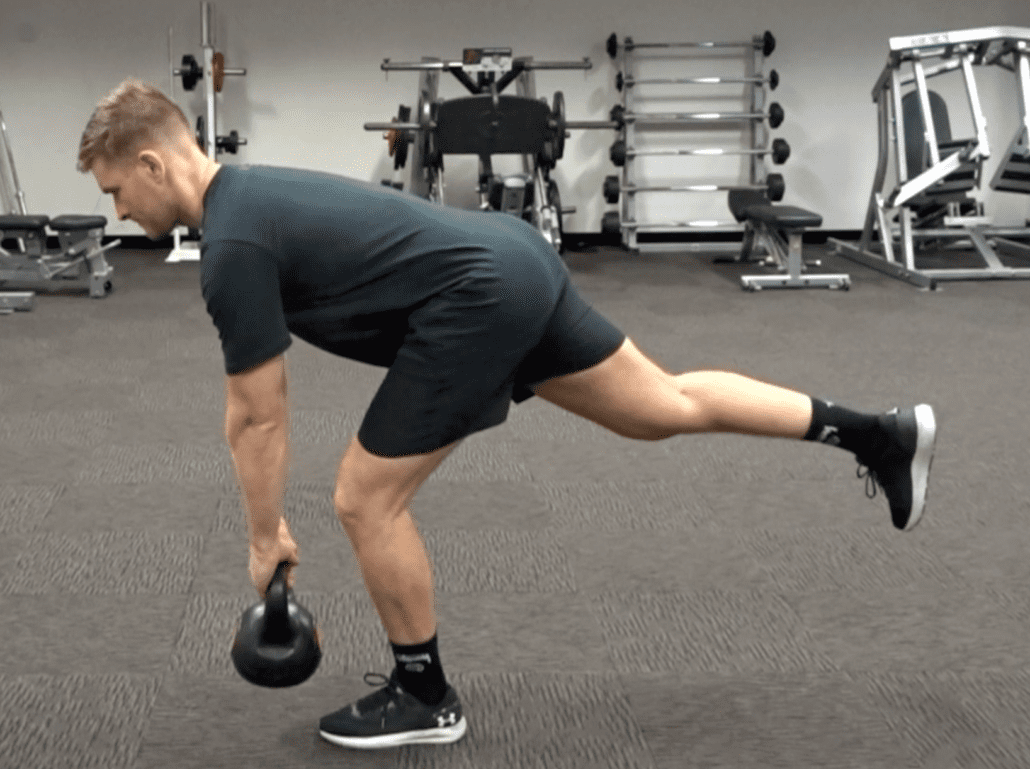The Technician and clinician
When teaching health practitioners new ways of treating or introducing new ways to work with patients, I’m often met with the following statement…
“But my patients expect me to do XYZ, I don’t think they will be open to me working in that way”.
It’s true, updating, changing, or shifting the way in which you manage your consultations can be difficult.
To give you an example, if you are a Therapist who generally spends most of their consultation time with your hands on your patients, but you want to incorporate more exercise and education into your appointments, then it can be an intimidating proposition. The same is true in the reverse.
What if your patient’s don’t appreciate the change?
What if they don’t see the benefit of your new approach?
What if they stop seeing you all together?
These are very real potential outcomes, but we as health practitioners need to consider what is more important… Do we want to retain those patients and continue working the way we always have? Or do we believe strongly enough in the new / updated way of working that we are willing to potentially let those patients move on to another practitioner?

Health care is a unique and very important role, and we are all very fortunate to be able to help improve the quality of people’s lives daily. It is therefore equally important that we are always challenging ourselves, our actions and our beliefs, to ensure that we are acting in line with our ethics and what we hold to be the best methods for helping those we serve.
For this reason, if we hold back from change or continue to maintain certain practices for fear of upsetting someone, or for financial reasons, it would seem that this is potentially not us doing the best we can for the people we are here to help.
That is not to say that we all need to change the way we work, but if in the course of your own development you learn new things or discover a more optimal way of helping people, then this change would seem to be the right one to make.

The reality though, is that our patients only expect us to work in a certain way because that is what we have taught them to expect.
We condition people to expect certain things from us by the decisions we make and the actions we take. If one day you wake up and decide to completely change the way you do things with all new patients who walk through your door, then those patients will of course assume that that is how you have always worked. No big deal!!
However, if you also change the way you manage people you have seen before, they will of course feel a shift in paradigm.
We can choose to see this as an opportunity though… Imagine if you were the patient, and the practitioner said to you the following, “So, based on some new information and learnings I have received, I have decided to change the way I treat you because I fundamentally believe it will provide better outcomes for you. I recognise that you may like what I have done for you previously, but I can’t with good conscience continue to work that way, because what I know now means that a new approach is necessary to give you the best outcomes possible”.
Framed like this, one would hope that the patient would understand the motivation for change, and would recognise that the shift is likely to be in their best interests. If after that, they still decide to go elsewhere, you can at least with good conscience know that you have acted in line with your ethics and that your decision had your patient’s best interests in mind.
This conversation is a deeper one than just identifying HOW to manage a change in the way you work. It also goes to the idea that as health practitioners, what are we aiming to do?
Are we aiming to make decisions based on what we think our patient’s will like, or are we aiming to make decisions based on what we think our patient’s need?
Do you see yourself as a CLINICIAN or a TECHNICIAN?
A Technician has a set of skills a their disposal, and can employ those skills based on the needs of the task, or in this case, the preferences of the patient.
A Clinician will make carefully considered decision based on the presenting case, and then employ the appropriate course of action based on the information they have gathered.
Both of these roles hold their own value and represent an important service to the community. The point though is, have you decided which one you are?

You may see yourself somewhere in the middle, and if that is the case, then it is likely that you will perpetually find yourself being pulled in different directions.
One approach allows the customer / client / patient to play the major role in deciding what service they will receive. The other suggests that the decisions about what service will be provided, is primarily directed by the health practitioner. Don’t get be me wrong though, a Clinician should also consider the preferences of the patient, this is a fundamental principle in the biopsychosocial model of care. The difference though is that if the Clinician believes that a certain treatment approach is the best one, has considered all the factors relating to the patient and their condition, then they would stand by that decision, or simply refer the patient on.
This is the defining difference between a Technician and Clinician. There is no option with the Clinician for selecting treatment styles from a menu…
So, the challenge here is to take some time for introspection.
Are you a Technician or a Clinician?
Are you making decisions clinically based on patient expectations, or based on patient outcomes?
Some food for thought!



